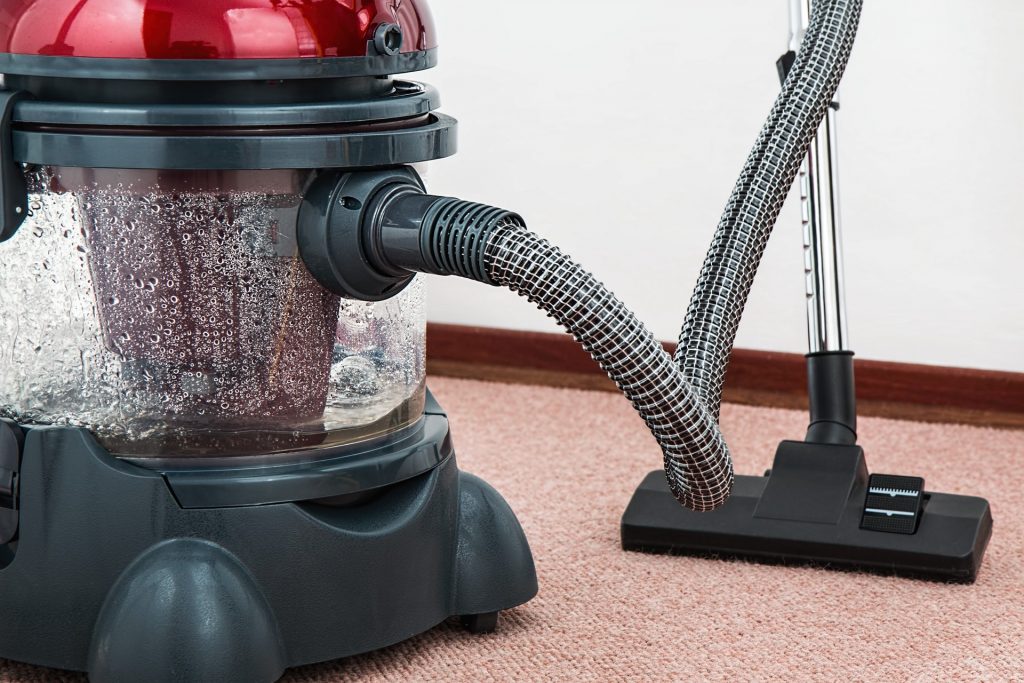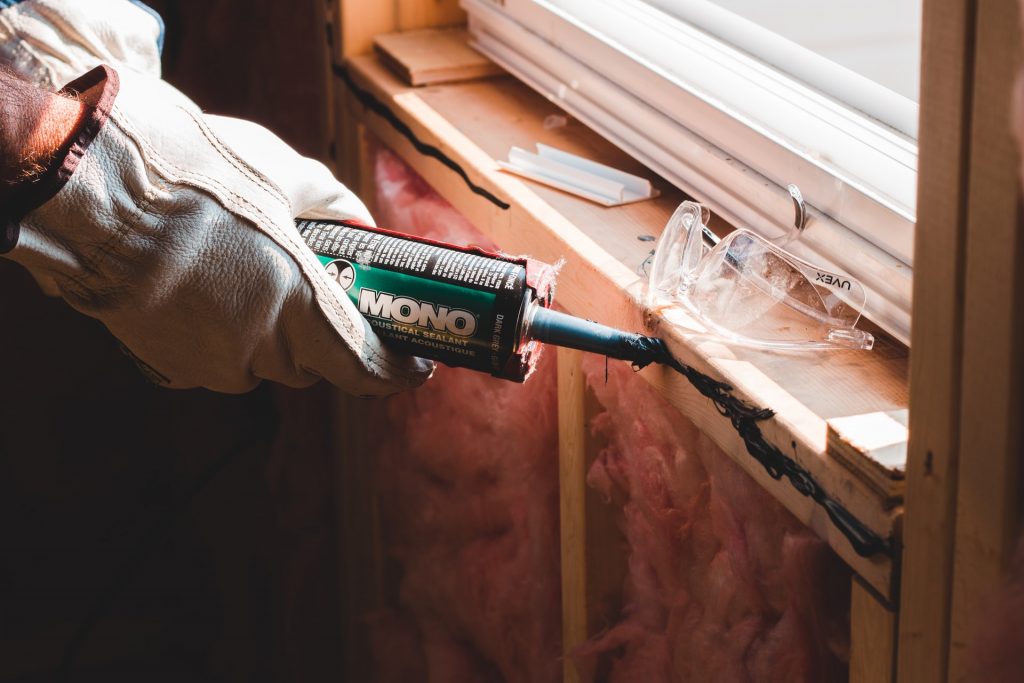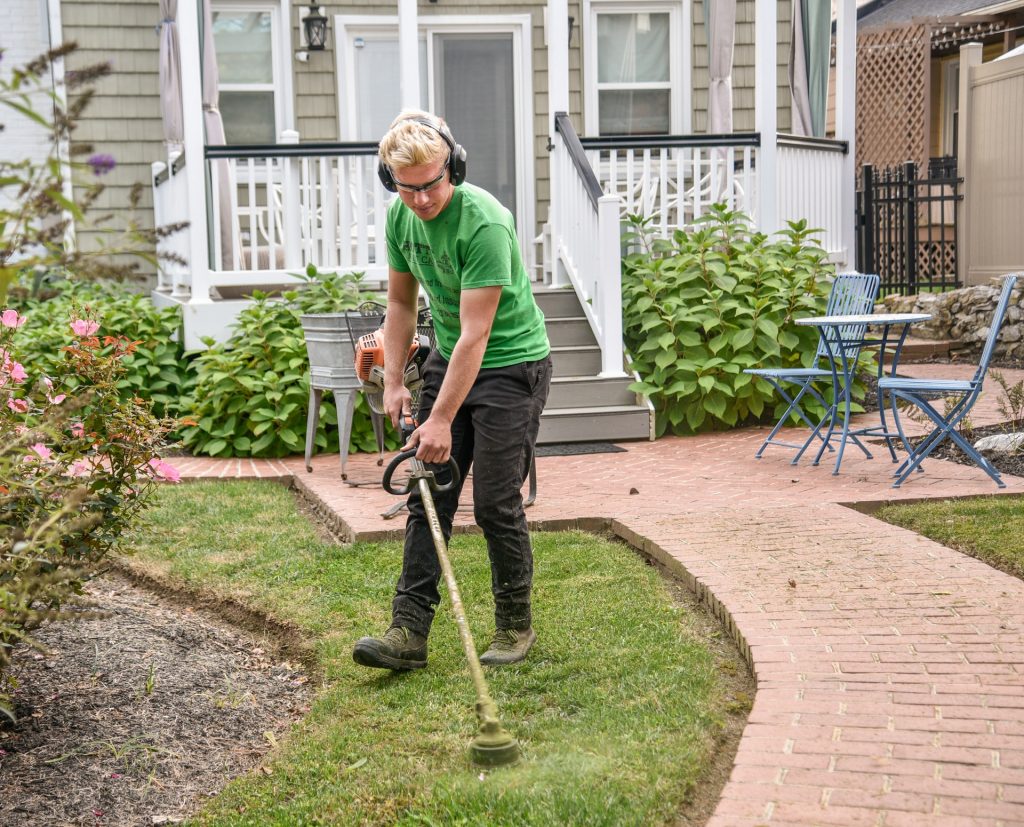 - minute read
- minute read

When it comes to renting private accommodation, tenants have several rights and responsibilities. While they’re all pretty simple, being aware of your tenant responsibilities will avoid any potential issues during and at the the end of your tenancy. This article goes through tenant responsibilities in the UK, including paying rent and other bills on time, repairs, maintenance and what to do when your tenancy ends.
You always need to pay the agreed rent, even if repairs are needed or you’re currently in some kind of dispute with your landlord. Rent also needs to be paid on time, whether this is every week or month. If you fall behind with your rent then your landlord could begin the eviction process.
As a tenant, you’re legally responsible for the utility bills from the start date of your tenancy, unless you’re renting bills-included.
A much easier solution then, is to choose an all-in-one bills package. Resooma Bills sets up and bundles together all your bills into one simple monthly payment. If you’re living in a shared home, we then equally split bills between you and your housemates, so there’s no need to worry about any awkward chats or having to chase people up for their share.
Rather than having multiple direct debits leave your bank account each month, you’ll just have one bill to pay, with each housemate being responsible for their share. Setting up and managing bills can feel like a daunting task, which is where our shared bill packages come in useful. Let us handle the stress for you!
End of tenancy cleaning causes more disputes between landlords and tenants than any other issue. It’s really important that tenants are aware of exactly what their cleaning responsibilities in a rented home are.
Put simply, landlords expect to get their property back in the same condition as when the tenant(s) moved in. If this isn’t the case, then it’s pretty common for landlords to hire cleaners and take the cost of these cleaners off the deposit.
While tenants don’t have to keep the property clean when living there, it does make sense to stay on top of cleaning jobs so there isn’t a mad scramble to get everything tidy as the tenancy draws to a close. One of the best ways to stay on top of your chores is through our weekly and monthly cleaning rota.
While landlords can (and probably will) point out untidy areas of your home when making visits, there isn’t any kind of legal action that can be taken until the tenancy ends. The only exception to this is if there are any serious health and safety risks, as tenants have a responsibility to maintain a safe environment. Though, this generally falls outside the definition of cleaning anyway.
Tenants and landlords should both take plenty of photos at the start of the tenancy, to provide evidence of how clean or unclean the property was when tenants moved in. An inventory does a similar job, describing every item in the home and its condition.

Even though landlords are responsible for any repairs and maintenance to the exterior and structure of the property, along with the plumbing, wiring and heating, tenants do still have some responsibilities in this area. Tenants need to:
Tenants have to pay for anything they break or damage which was already in the home when they moved in. However, tenants don’t have to pay for an item to be replaced which has naturally deteriorated due to its age and normal use. This is known as fair wear and tear.

It’s usually the case that your landlord isn’t responsible for repair work until they know about it, which is why you should let them know of any required repairs as soon as possible. Landlords are required to sort out any damage that hasn’t been caused by the tenant – such as leaks and faulty taps – but it’s still the tenant’s responsibility to make them aware of the issue.
If an issue is left unreported for too long then getting it fixed may end up becoming the tenant’s responsibility.
Your landlord needs to give at least 24 hours’ written notice before making any kind of home visit – including for performing repairs/checking if any repairs are required. In turn, you need to ensure your landlord and any tradespeople have access to the property so they can carry out these repairs.
If you know that some repair work is scheduled, then it’s best to make sure that somebody is in at the time, as the tradesperson may have questions about where certain things are within the home.
Landlords are responsible for maintaining any electrical appliances that were already in the house, along with ensuring any gas appliances they’ve provided are safe. However, tenants nedd to maintain any appliances they’ve had installed, such as washing machines or showers.
This one isn’t always the tenant’s responsibility – it depends on what was agreed and what’s stated in the tenancy agreement. In some cases, a landlord will pay for a gardener to come round and tidy up the garden periodically. Otherwise, keeping the garden in a reasonable condition will fall upon the tenant.
If maintaining the garden is the tenant’s responsibility, here’s a list of common gardening jobs to help you stay on top of it:
Basically, when tenants are responsible for looking after the garden, they’re expected to return it in the same condition it was at the start of the tenancy.

When living in a rented property, you can be held responsible for the behaviour of yourself, any other tenants or anyone who visits your property. If a landlord receives repeated complaints of excessive noise or similar antisocial behaviour from neighbours (or any of the other tenants living in your home) then they might take steps to evict you.
Your tenancy needs to properly end for you to be able to move out and not be liable for any rent. If you’re in a fixed-term tenancy – one with a set end date – then it should automatically end when you leave on the last day of the contract. However, some do still continue as periodic tenancies unless you give notice.
Other tenancy types – such as periodic tenancies – often require your landlord’s acceptance in writing for an immediate/short-notice ending of the tenancy. What’s important to remember is that because periodic tenancies continue on a month-by-month basis with no end date, you’ll need to hand in some form of notice to your landlord, to let them know you plan on moving out.
At the end of a tenancy, tenants are expected to return the property in the same condition as when they moved in, minus any natural wear and tear. As always, if anything seems unclear, then the best starting point is to consult your tenancy agreement. If anything seems out of place, you and your landlord can always refer back to the inventory and determine who is or isn’t responsible that way.
Already sorted your house but need to set up bills? We can help with this too – we set up and split utilities for you. Get a free quote for your utilities here.



All your utility bills in one monthly payment, split between housemates
Get a quote


All your utility bills in one monthly payment, split between housemates
Get a quoteFinding his article helpful? We’ve got plenty more helpful articles on there way. Join our Savvy Sunday mailing list